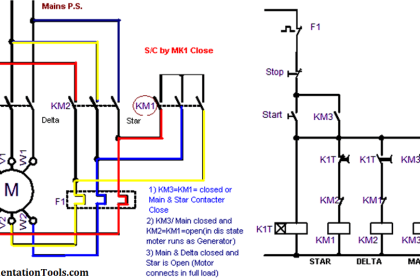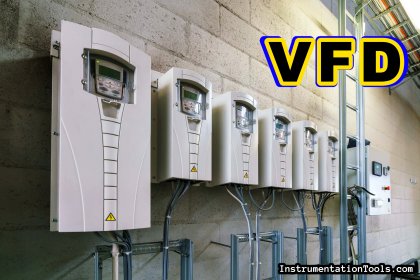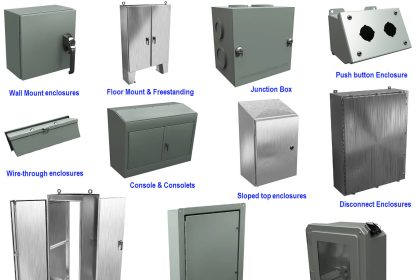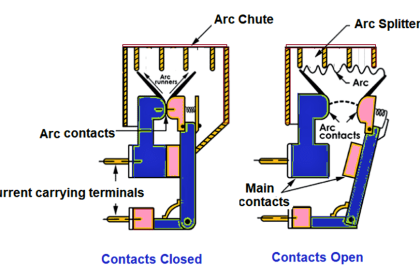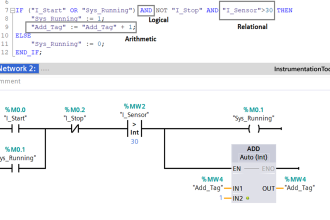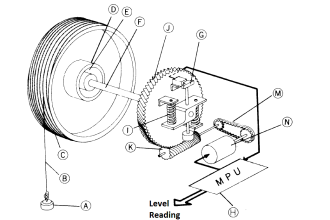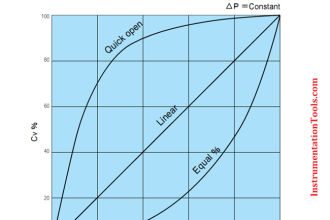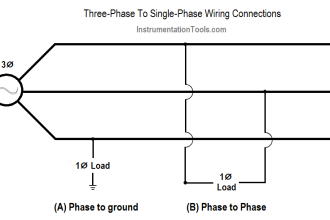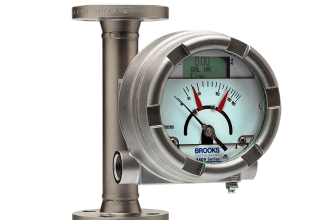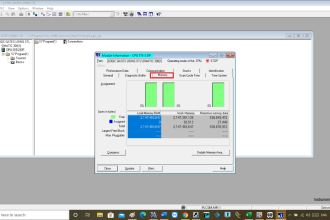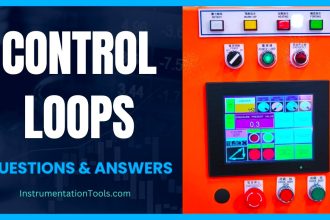Electromagnetism is a very common theory that we hear in electrical engineering. Many electrical concepts revolve around electromagnetism. As the term defines, it is a combination of electricity and magnetism. Two common terms related to both of them are electric field and magnetic field.
In this post, we will learn about the basics and understand the difference between electric fields and magnetic fields.
What is a Magnetic Field?
You know a magnet has two poles – north and south. Magnets either attract or repel. Also, if a north pole is placed around the south pole, then it will attract and if a north pole is placed around the north pole, it will repel. This region around the magnet where the poles either attract or repel is called a magnetic field.
Basically, in a magnet, a magnetic field is produced either in a natural way as discussed before or also through a passing electric current (moving electrical charges).
When electric charges move across space or an electrical conductor, a magnetic field is induced due to its motion. So, whenever a metallic object like iron comes in the range of this magnetic field, the magnet pulls the iron towards it.
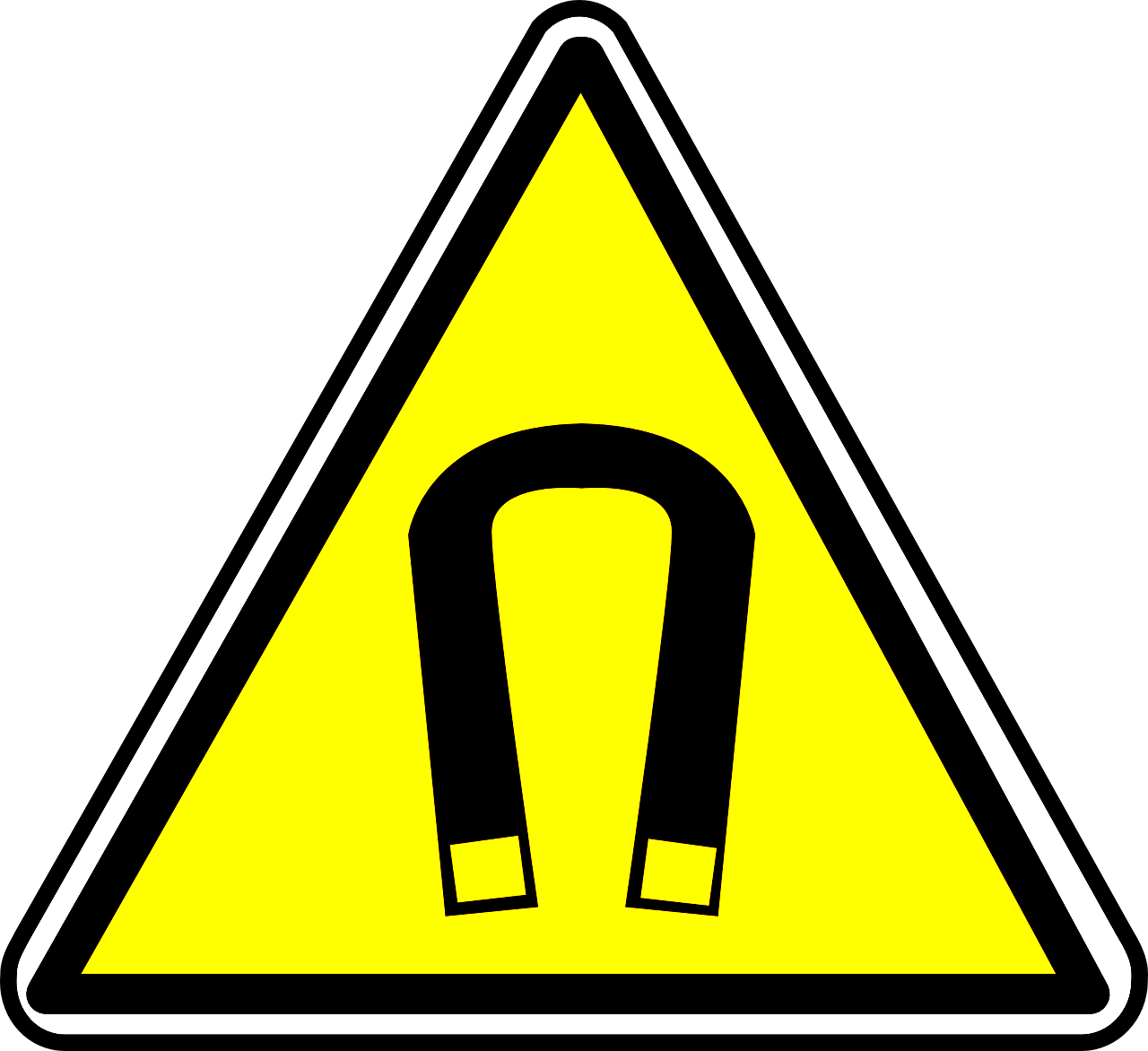
What is an Electric Field?
You know that an atom has a proton (positively charged) and an electron (negatively charged). Basically, every conducting atom has an electric field around it. This is due to the presence of these two components.
Positive charges are drawn towards it, while negative charges are repelled. So, it can also be defined as a force surrounding an electrically charged particle.
Difference Between Electric Field and Magnetic Field
The main differences between electric and magnetic fields are mentioned below.
- The electric field is produced around a charge containing protons and electrons, whereas the magnetic field is produced around a magnet (Note that a magnet can also be virtually produced by moving electricity in a conductor).
- The electric field is mentioned by units in volts per meter, whereas the magnetic field is mentioned by units in gauss or Tesla.
- The electric field is actually the force per unit charge experienced by a non-moving point charge at any given location within the field, whereas the magnetic field is detected by the force it exerts on other magnetic particles and moving electric charges.
- The electric field is denoted by E, whereas the magnetic field is denoted by B.
- The formula of the electric field is Newton / Coulomb, whereas that of the magnetic field is wb/m2.
- An electrometer is used to measure the electric field whereas the magnetometer is used to measure the Magnetic field.
- The magnetic field moves in a closed loop, whereas the electric field moves in an open loop.
In this way, we understand the difference between a magnetic field and an electric field.
If you liked this article, then please subscribe to our YouTube Channel for Electrical, Electronics, Instrumentation, PLC, and SCADA video tutorials.
You can also follow us on Facebook and Twitter to receive daily updates.
Read Next:
- What is a Substation?
- Motor Cooling Methods
- Flame Retardant Cables
- SCADA in Power System
- Transformer Humming

